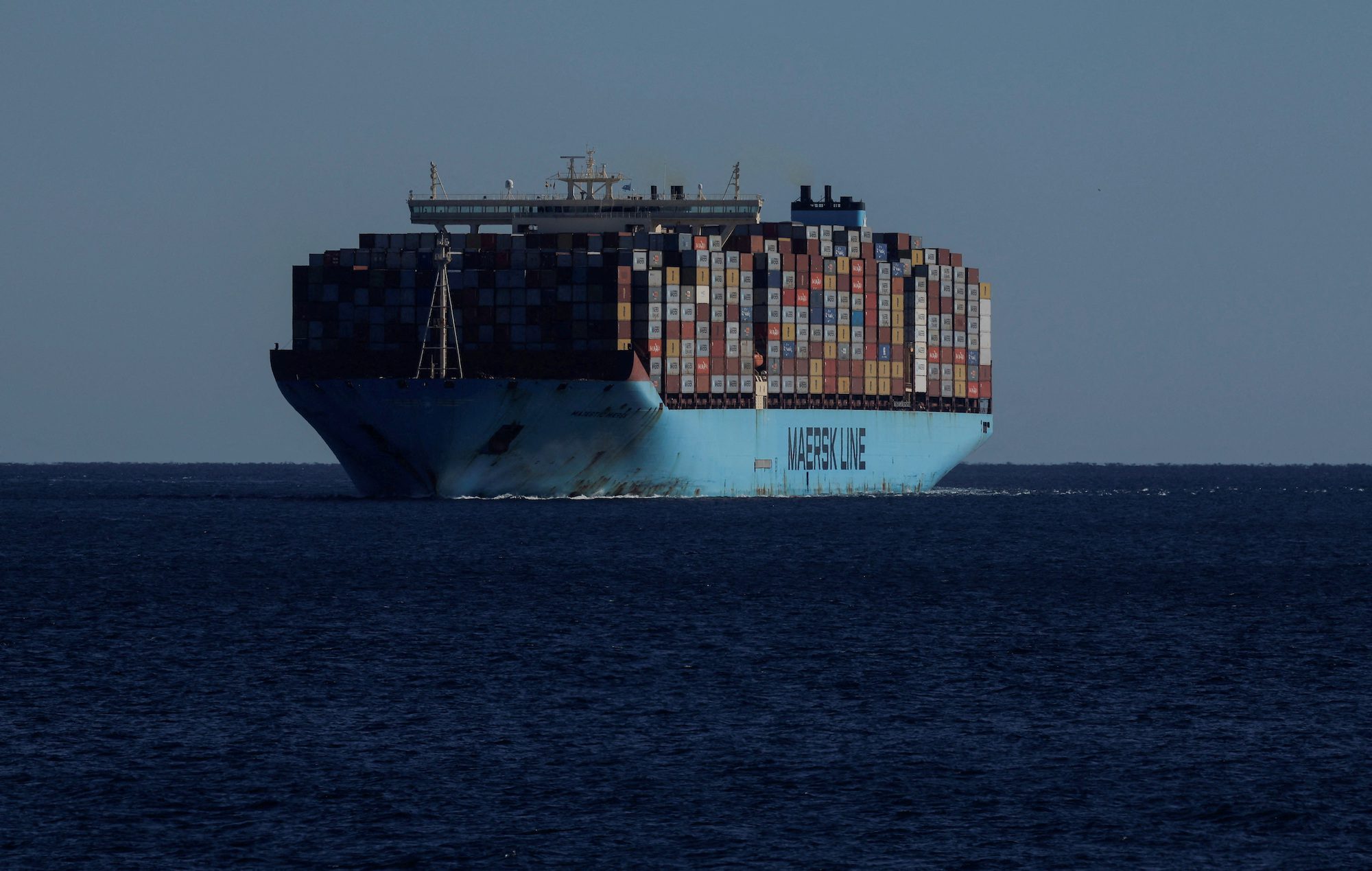Hapag-Lloyd in Talks to Buy Israel’s Zim
Hapag-Lloyd AG is in advanced talks to acquire Israeli competitor Zim Integrated Shipping Services Ltd, the German company said on Sunday.

(Bloomberg) —
The global trade finance gap jumped to a record $2.5 trillion last year, as heightened economic risks left banks’ financing capacity stretched, according to the Asian Development Bank.
The trade finance gap — the difference between requests and approvals for financing to support imports and exports — grew by 47% from $1.7 trillion in 2020 on rising interest rates, flagging economic prospects, inflation, and geopolitical volatility, according to ADB’s 2023 Trade Finance Gaps, Growth, and Jobs Survey published Tuesday.
“That growing gap strangles the potential of trade to deliver critical human and economic development through jobs and growth,” said ADB’s Director General for Private Sector Operations Suzanne Gaboury in a statement. About 80% of trade depends on some form of financing, according to the ADB.
The report comes amid global trade continuing to disappoint despite nearing its peak season ahead of the year-end holidays. Shipping companies like A.P. Moller-Maersk A/S and CMA CGM SA are cautious at best: while a US recession may not be in the cards anymore, they expect volumes to be depressed for the rest of 2023.
Survey respondents said they faced continued constraints in 2022, with 60% of the banks reporting that Russia’s invasion of Ukraine impacted their trade finance portfolios.
Most banks and companies that took part in the survey believe ESG alignment could potentially help reduce the trade financing gap. Still, it also risks increasing financing costs, partly due to more complex due diligence, according to ADB.
Firms in the survey cited insufficient financing as the top supply chain challenge. Access to adequate financing, reliable logistics, and the use of digital technology were the three most important components of resilient supply chains, they said.
© 2023 Bloomberg L.P.
This article contains reporting from Bloomberg, published under license.

Sign up for gCaptain’s newsletter and never miss an update

Subscribe to gCaptain Daily and stay informed with the latest global maritime and offshore news
Essential news coupled with the finest maritime content sourced from across the globe.
Sign Up